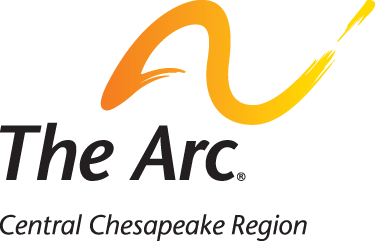At The Arc, the people we serve are at the center of everything we do. We build our services around what each person wants and needs, and we recognize that each person has unique motivations and interests that influence the type of work or career they want to pursue.
Working is a profound way for people with intellectual and developmental disabilities to experience full inclusion in their communities. It comes with many of the rewards we all desire—financial, social, and professional independence. The Arc’s Workforce Development program supports people in identifying their talents, growing their skills, applying for jobs, and combining their interests and passions with the support they need to maintain long-term careers at workplaces that value them.
From a first job in food service to an entrepreneur launching their first online business, or an established small business owner employing their own teams to tenured government employees, The Arc’s Workforce Development team supports people in every type of employment role. We understand that your first job doesn’t have to be your last job, and we partner with each person on their unique employment journey.
Career Development
When you express interest in starting your career or finding a new job, our Workforce Development team meets with you to discuss your goals and vision for the type of work you want to pursue and how it aligns with the life you want to lead. Our team might ask questions like:
- What are things that bring you joy?
- Are you someone who thrives in a busy, bustling environment, or do you prefer quieter surroundings?
- Do you enjoy interacting with the public, or are you more comfortable behind the scenes?
- How long of a commute are you looking for?
- Would full-time or part-time work be better?
- What pay range fits your needs?
Together, we review job postings, update resumes, navigate the application process, and practice interview skills, which are all essential components of job and career development.
On-The-Job Support
The Arc employs a team of highly trained Direct Support Professionals (DSPs) who work directly with people with intellectual and developmental disabilities not just to get a job, but keep their job.
Once you begin working, you automatically receive two face-to-face check-ins each month to discuss how your job is going and whether it’s the right fit for you.
Our DSPs also provide ongoing on-the-job support whenever you need it. So if you are taking on new responsibilities at work, moving to a new position, or need a little extra confidence in your current role, your team is there with you every step of the way.
Transportation
Having reliable access to transportation is essential for meeting the demands of any job or career. If you don’t have access to a car or other transportation, our team will train you on how to travel safely so you can use rideshare services independently and with confidence. From downloading the apps to entering address information, navigating selecting a car and driver, and verifying your ride, your team will even ride with you for the first few rides to ensure your comfort with the process.
The Arc’s team also helps you access transportation funding through the Developmental Disability Administration (DDA), which can be up to $7,500 per person per year. This money is used to cover rideshare costs for people using services like Uber and Lyft to get to work.

